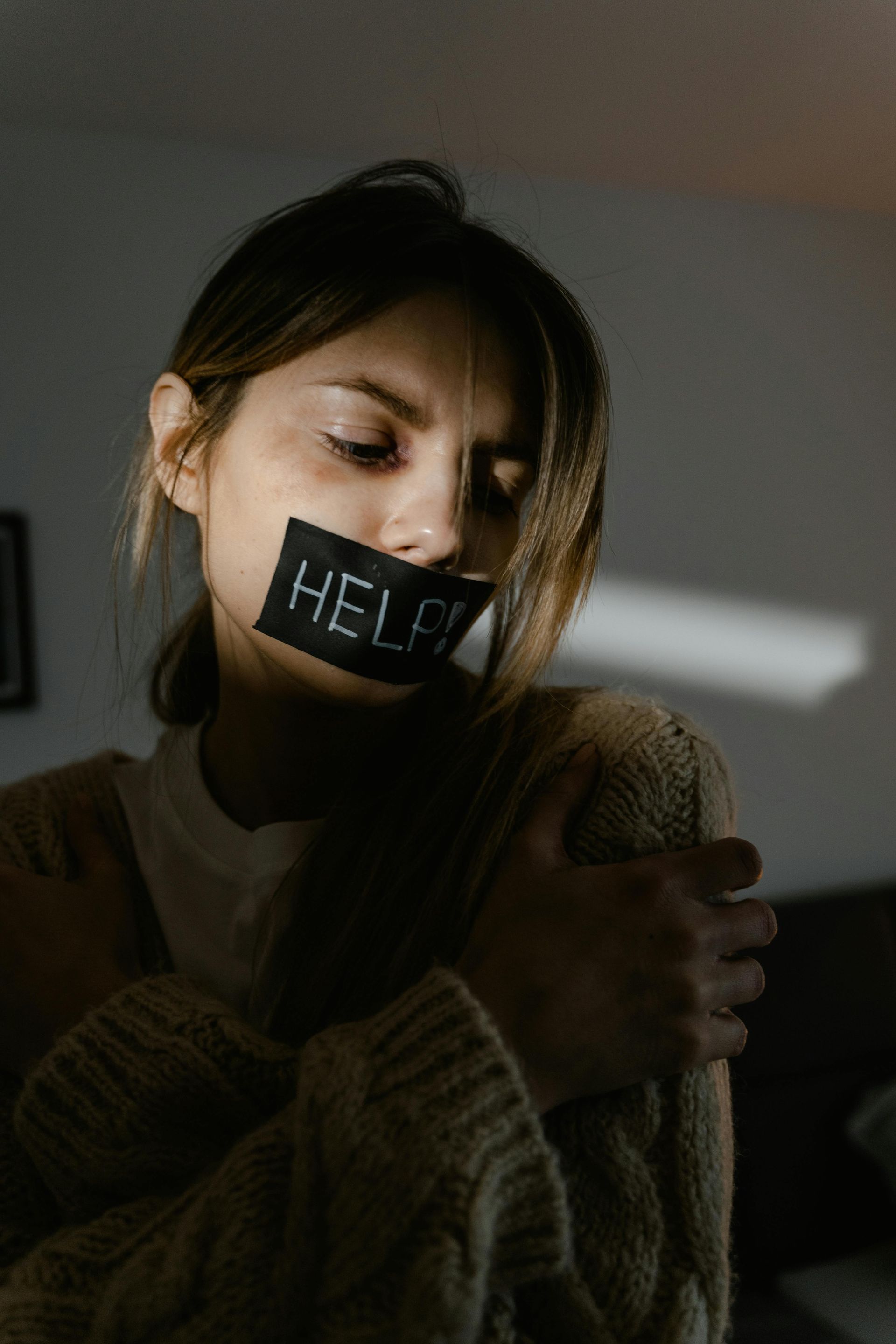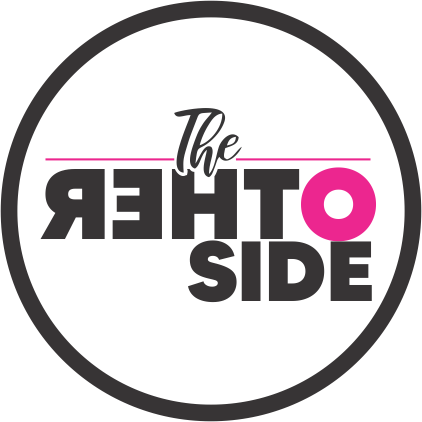What is Trauma?
I don’t know if it’s because I’m a therapist and my proximity to mental health, but there seems to be more discussions about trauma these days, and I’d like to set the record straight. Well, as straight as possible, because when it comes to people, there are no absolutes; so I guess instead of straightening the record, I’d like to help you gain a bit of clarity about trauma because what we believe to be true greatly impacts our approach to life, and how you approach your life affects the outcomes of your life.
Trauma is not the terrible experiences you’ve had; it is the outcome of having had terrible experiences. Specifically, your trauma is the ways in which you disconnect from yourself as a result of having endured something terrible. So, you can experience something traumatic (or terrible) and it may or may not result in trauma (a separation from yourself); the outcome depends largely on one factor wisdom.
Childhood is when most trauma occurs, and most children unknowingly rely on adults for wisdom. So, when children endure traumatic experiences alone and they don’t have someone wise to process those experiences with they typically blame and turn on themselves, resulting in trauma. For example, a child who is touched sexually without the intervention of wisdom with feel shame and blame themselves for the actions of an inappropriate adult. A child whose parents are going through divorce, without wisdom may believe they are the reason for their parent’s split. These feelings and subsequent beliefs cause the child to distance the parts of themselves they believe to be responsible for their own distress, and they will take steps to attempt to fix or resolve the issue with those who are truly responsible, which is impossible, but the child will continue to try.
With time, these feelings and beliefs manifest in all sorts of problematic behaviors – people pleasing, perfectionism, overthinking, overexplaining, self-abandonment, etc. – that point back to the powerless little boy or girl who began the process of disconnecting from themselves. That’s trauma; the adaptation of a child who was never really the problem, but thought they were, so they continue into adulthood trying to push away who they really are because of beliefs that couldn’t be further from the truth.
Trauma is about beliefs. Healing trauma requires a healing of beliefs, and a welcoming in and embrace of the true self. What do you believe about yourself? What might you need to heal?




